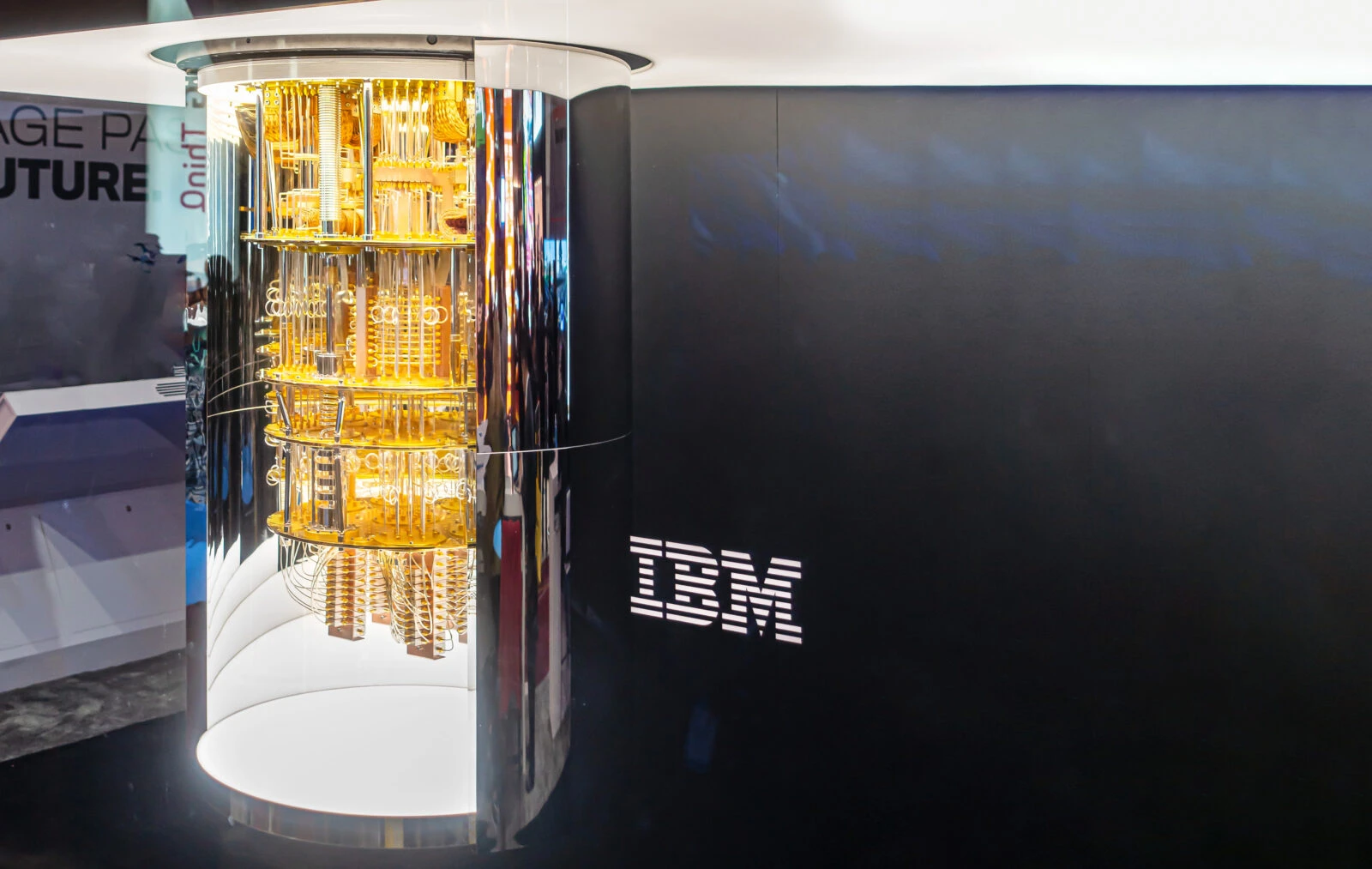US-based IBM unveils $150B investment plan for domestic growth
 The IBM logo displayed on the company's building in Manhattan, New York, on May 30, 2012. (Adobe Stock Photo)
The IBM logo displayed on the company's building in Manhattan, New York, on May 30, 2012. (Adobe Stock Photo)
U.S. technology titan IBM announced on Monday that it would invest $150 billion in its operations in the United States over the next five years as part of a broader strategy to reinforce its role in advanced computing and artificial intelligence.
According to the company’s statement, the investment package will include $30 billion dedicated to research and development, aimed at supporting the production of mainframe and quantum computers. IBM said the program is designed to expand quantum computing capabilities within the U.S., enhancing the country’s position in cutting-edge technological innovation.

Chairman and CEO Arvind Krishna emphasized the company’s longstanding ties to American industry, stating, “Technology doesn’t just build the future—it defines it. We have been focused on American jobs and manufacturing since our founding 114 years ago, and with this investment and manufacturing commitment, we are ensuring that IBM remains the epicenter of the world’s most advanced computing and AI capabilities.”
IBM joins Trump’s push to bring investment back home
The move comes at a time when the U.S. administration, under President Donald Trump, has been encouraging major corporations to invest more heavily at home. Since Trump’s return to office in January, several industry giants, including Apple, Nvidia, and Hyundai, have announced new or expanded U.S. investment projects, although some initiatives predate his administration’s renewed efforts.
Earlier in April, Trump introduced a sweeping series of tariff hikes designed to push American companies to relocate manufacturing operations domestically. While concerns over economic fallout have prompted a 90-day suspension of some tariffs, steep levies of up to 145% on Chinese goods remain in effect.
IBM stressed its “unwavering commitment” to advancing American innovation, highlighting its intention to create economic opportunities across the country and globally. Although IBM has trailed competitors like Microsoft, Amazon, and Google in certain areas in recent years, the company operates the world’s largest fleet of quantum computing systems and views quantum technology as a critical pillar for future growth.



